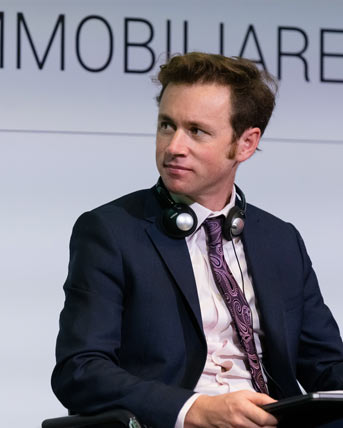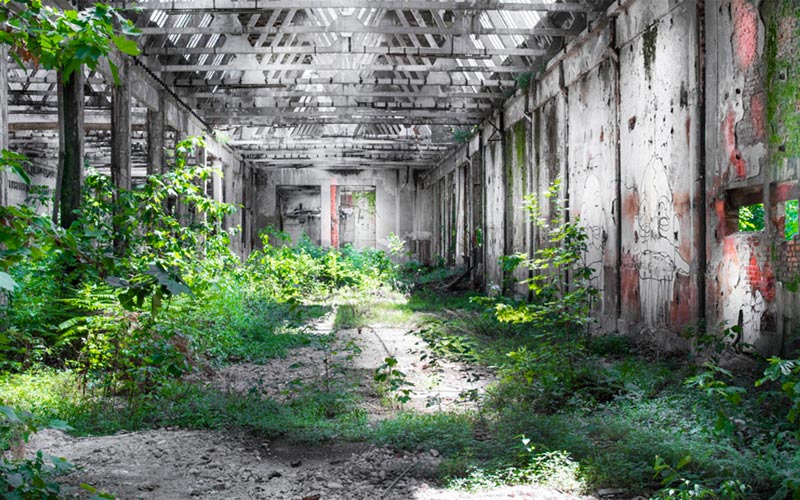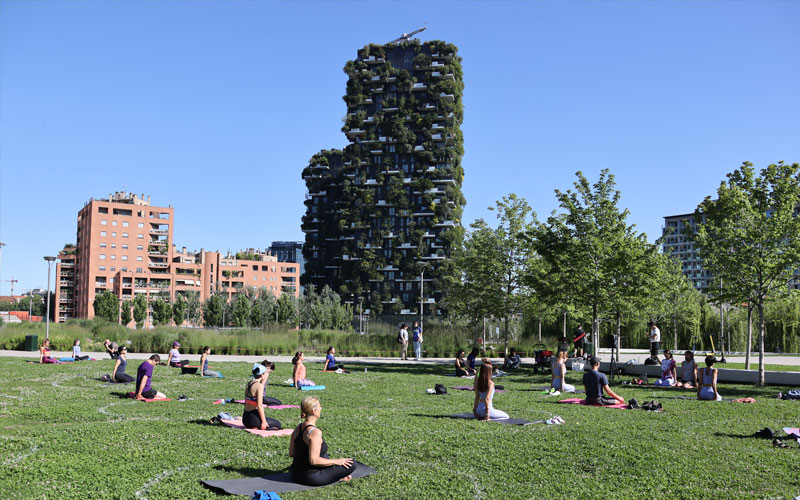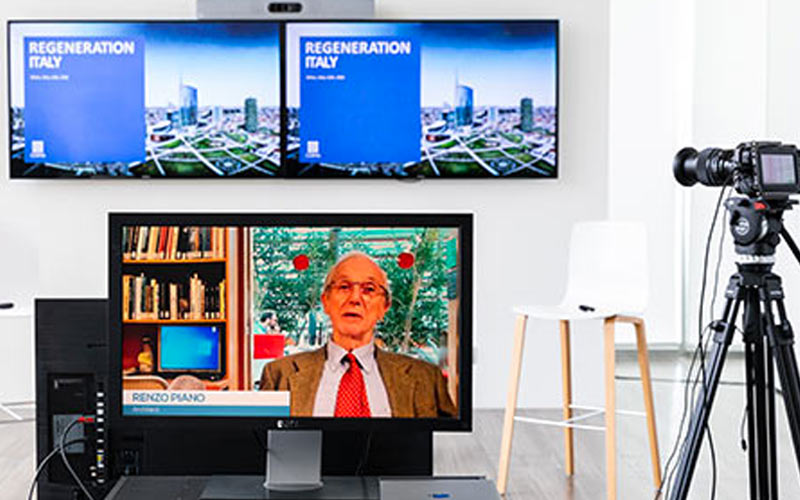A strategy that must be based on a close relationship with stakeholders and investors: "on this last point, the financial security of our depositors - which today represent nearly six million citizens of Québec - is central. Butmore generally, stakeholder engagement is an integral part of our daily work, through constant dialogue with tenants, business partners, employees, community representatives and suppliers. We are also working on ways of analyzing and measuring the social impact of our buildings and our initiatives". “We take the same approach in selecting our partners and in choosing our investments, regardless of the country concerned. For each partner and investment, we carry out rigorous investment, risk, reputational analyses which also include of course the consideration of environmental, social and governance (ESG) criteria. Ivanhoé Cambridge has been an investor in COIMA for years, in particular cornerstone in the COF II fund, with participation in different projects in the Porta Nuova and Porta Romana areas in Milan.
Read also: Cities, capital and skills for a sustainable recovery
The ESG impacts of real estate animated the debate during the COP26 Conference, held in Glasgow in November 2021. An event in which real estate played a central role and which highlighted at least two crucial themes: "the first is refers to how the real estate sector can contribute to the reduction of global warming", underlines Villemain, "and for an investor, this involves reflecting both on the impact that climate change can have on our buildings, and, conversely, on what impact our projects can have on the environment".
One of the most debated data in recent weeks identifies real estate as responsible for about 40% of world greenhouse gas emissions. It's time to decarbonise, starting with real estate portfolios. "From this point of view", continues Villemain, "we are committed to achieving a net zero carbon portfolio by 2040, in line with the indications of the Paris agreement. Furthermore, we aim that as of 2025, each of our new development projects will be net zero from an operational carbon emission standpoint".
Europe is today the continent, together with North America, in which real estate is valuing more concepts such as flexibility and well-being.
An evident path also in the daily activity of Ivanhoé Cambridge: "in our development projects, we are increasingly adopting certifications such as WELL, designed to complement those already existing relating to sustainability, paying specific attention to the well-being of people and communities living in and around these places. Elements such as access to direct sunlight, thermal or acoustic comfort, proximity and ease of use of services and public transport are some of the priority elements in any project, whether for residential or office use."
Villemain dedicates his latest reflection to the offices: “we are observing a clear change in the role of offices. A transformation that began a few years ago and was accelerated by the pandemic: on the one hand the office remains an important factor in the attraction and retention of talents, essential to build the company culture and foster team collaboration and creativity, on the other hand, hybrid models with other types of workplaces are here to stay. At Ivanhoé Cambridge we are deeply convinced that this will be the priority model also in the future, with a new balance between remote working and presence in the office. The flexibility of spaces, which must allow users to easily adapt their premises according to their needs, is also an imperative. The office of tomorrow will also be a place of services, with emphasis on the customer experience. Tenants expect more from their offices, which should no longer be just workplaces but also real places to live and enjoy. It is therefore essential to offer them the most complete range of services in order to improve the quality of life of occupiers."
Read also: COIMA launches its first podcast, Nuove Radici (New Roots)
“For the future”, Villemain concludes, “we look to offices as increasingly specialized spaces, in which technology will play a prominent role. Proptech, the technology at the service of owners, tenants and occupiers, is contributing to the spread of smart buildings, capable of hosting advanced services for data collection and analysis, management and operational efficiencies. A path that seems extremely promising to us and which, in turn, will favor the achievement of new and even more challenging sustainability objectives."







